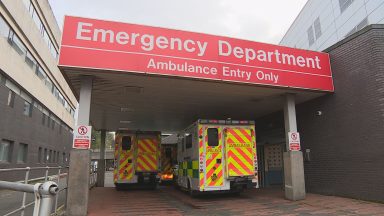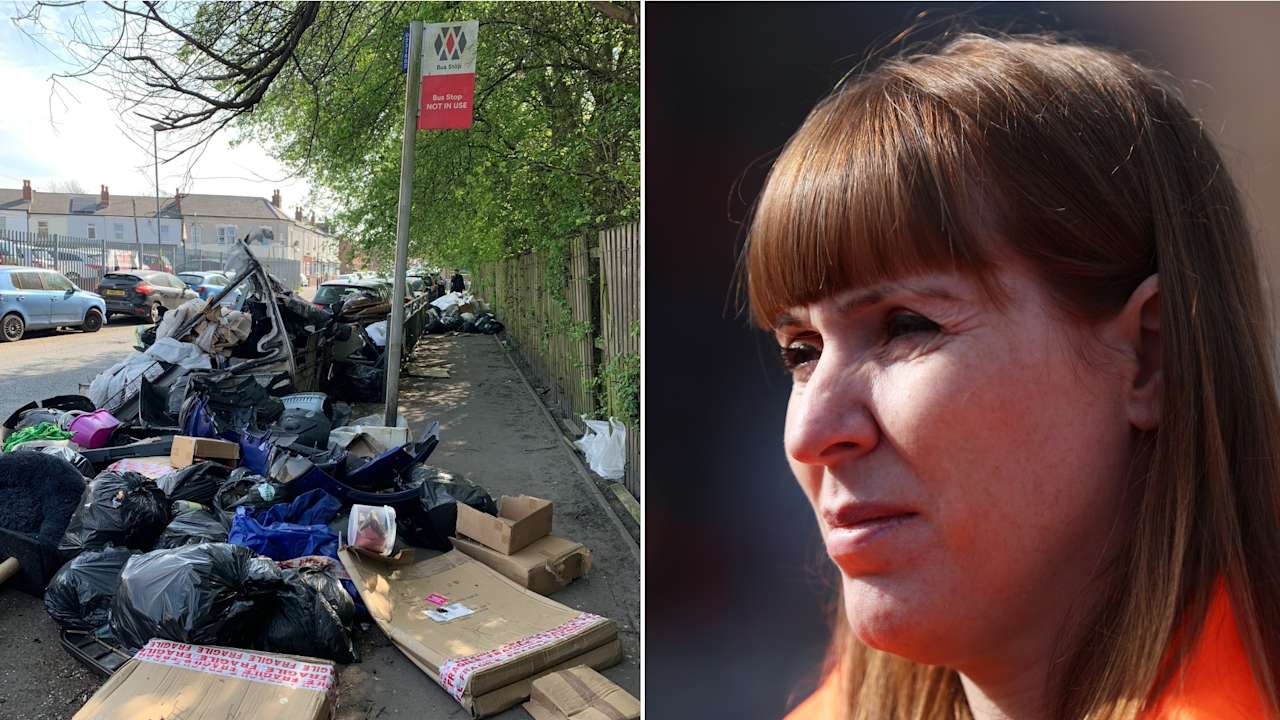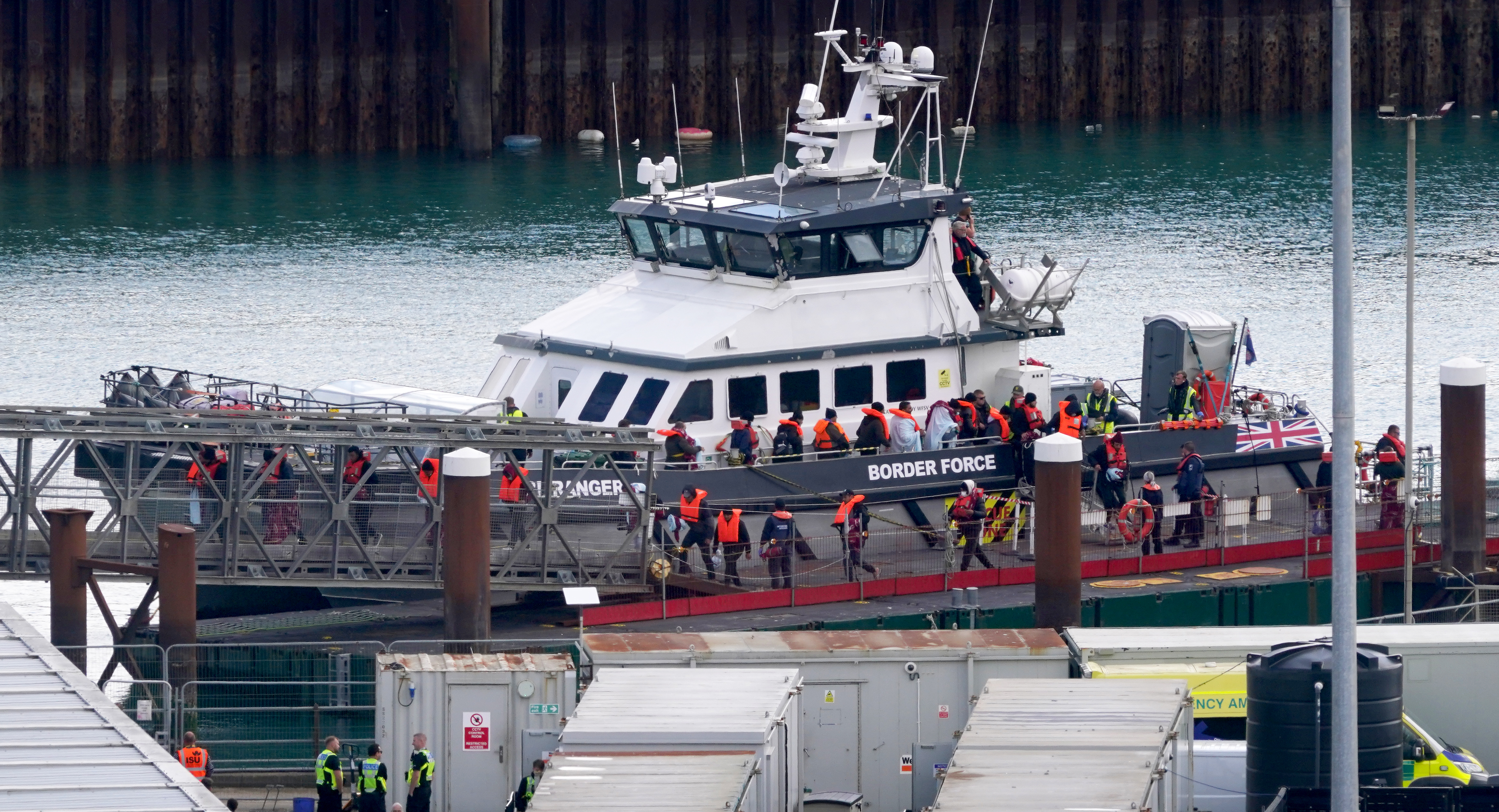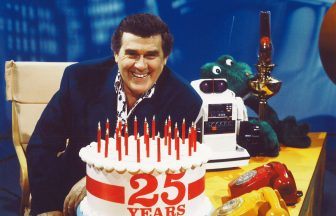It is not often that UK Government ministers have a spring in their step.
For years now, they have been purveyors of bad news on the economic front, all the while despairing that the cold winds of the cost of living crisis will chill the bones of voters when they cast their ballot in next years’ general election.
Yesterday brought some respite from the politics of tax hikes, strikes, stagnant growth, household budgets under siege and, most aggressive of all lately, ballooning mortgage repayments.
The fall in CPI inflation to 7.8% (down from 8.7% in May) does appear to signal that further falls are on the way. The latest figures do not reflect a cut in energy bills, which will work through into the figures for the coming months.
The prime minister might just achieve his goal of halving inflation at the years end, compared to the 11% peak at the end of last year.
And in all likelihood the hike in interest rates will do the job of squeezing prices. The one threat that could derail the trajectory on inflation is a winter of discontent on pay. On that score, Rishi Sunak is prepared to play hardball.
Last week, he accepted the recommendations of all public sector pay bodies. His judgement is that in accepting them he will avert strikes, for while the proposed increases are below the current rate of inflation, they are bound to run ahead of the headline rate by the end of the year.
So, is there light at the end of the tunnel? Might the Tories, who have been languishing in the polls for some time, stage a recovery in 2024 just in time for the election?
Time will tell on that score, but I very much doubt it. The sheer number of Conservative MPs who are standing down at the next election suggests they see no way out of the government’s travails.
The Bank of England, who frankly have spent rather too long ignoring their remit to deliver an inflation rate of 2%, have had to increase interest rates repeatedly, in part because they were way too slow in reacting to inflationary pressures in the first place.
They dithered in order to prevent recession and yet the current orthodoxy (certainly at the Treasury) is that a recession is a price worth paying to combat inflation. But it has come at a searing cost in higher mortgages, which is delivering misery for many families.
The problem for the government is rather simple. By the time of the election, households will be materially worse off compared to the time when Boris Johnson delivered that thumping majority in 2019.
Mortgage misery will continue. The markets have baked in rates peaking at just under 6% but they are unlikely to materially fall until after a general election, hardwiring voter discontent in the process.
And while energy bills might be lower than at their peak, come election time they will be far higher than they were just a few years ago.
And the stealth tax raids on freezing allowances and bands promises to squeeze living standards for a further five years.
Inflation might be under control come election time and it will give the Conservatives a narrative to punt. Unfortunately, the despair driven by other parts of the cost of living crisis is likely to deafen voters to Conservative pleas for five more years.
And even on inflation, the one aspect that is proving trickiest to deal with is food prices in the shops. The weekly shop will not be significantly cheaper at election time, so even the success on the inflation front will be tempered by voters asking: ‘When will my weekly shop fall?’
The outlook for growth remains sluggish, which means that tax increases are being used to deal with the crisis in various public services, particularly the NHS.
The fact that the chancellor Jeremy Hunt has committed to freezing allowances for so long means there is little fiscal headroom to fundamentally reshape public spending levels.
This in part helps explain why Labour have said next to nothing about spending plans. The truth is there is little room for manoeuvre unless a growing economy delivers revenues that are not part of any current estimates.
There is a strand of thought in Tory circles that the next five years are more or less settled economically and that the current squeeze in living standards is not transient but pretty much ingrained in the medium term.
Some think that if the party is to lose an election, then this is the one to lose, for economically speaking, there is no obvious route for Labour to take.
Indeed, Sir Keir Starmer seems to want to make the election about competence to manage the nations affairs rather than offering a fundamentally different vision to voters.
The recent brouhaha over Labour accepting the two-child benefit cap is more to do with a squeamishness about pledging spending priorities ahead of an election, than the embrace of a policy that Sir Keir must know is hated by most of his party and voters.
I fully expect that come the manifesto launch, Labour will scrap the rule. If they don’t, then those who want a full throttle approach to ending child poverty are right to ask, what is the point in voting for them?
But it is the cost of living crisis that will dominate that election. It won’t have passed by then and it is the issue above all others that is likely to lead to a defeat for the Conservatives.
Follow STV News on WhatsApp
Scan the QR code on your mobile device for all the latest news from around the country























